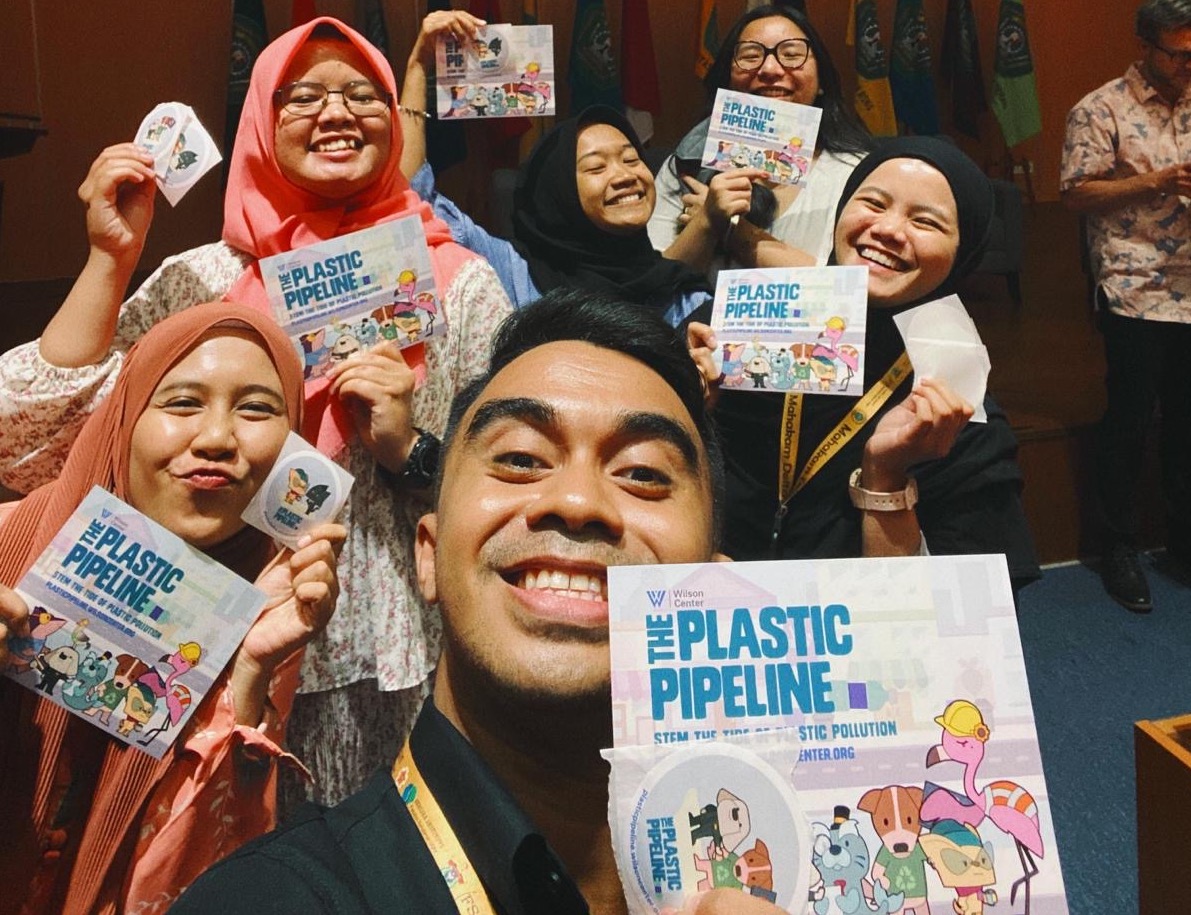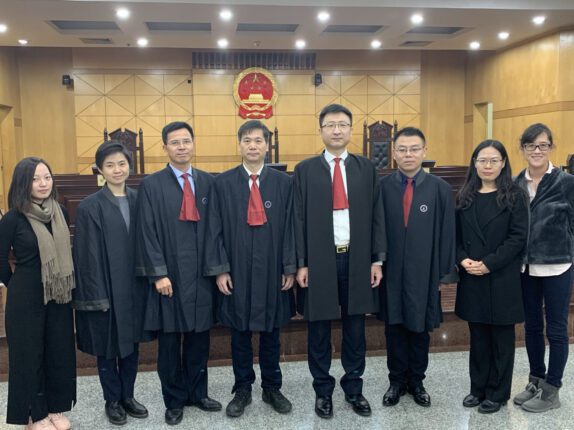-
ECSP Weekly Watch | August 26 – 30
› A window into what we are reading at the Wilson Center’s Environmental Change and Security Program
A window into what we are reading at the Wilson Center’s Environmental Change and Security ProgramWorld Food Program Faces Scrutiny Over Fraud in Sudan (Reuters)
As Sudan suffers an immense humanitarian crisis due to an ongoing internal conflict between the Army Forces and the paramilitary Rapid Support Forces (RSF), the U.N. World Food Program (WFP) has provided crucial aid to people displaced by the conflict. Yet its ability to continue this crucial work is now under threat because of allegations of illicit activities made against its top officials in that country. These developments have drawn the attention of humanitarian practitioners and diplomats—who also have concerns regarding WFP’s mismanagement and how it might have contributed to the failure to deliver enough aid in Sudan.
-
ECSP Weekly Watch | August 19 – 23
›
A window into what we are reading at the Wilson Center’s Environmental Change and Security Program
What’s Next for the Teesta Water Disputes? (The Hindu)
The recent political upheaval in Bangladesh which led to the resignation of Prime Minister Sheikh Hasina and the return of Nobel Peace Prize laureate Muhammed Yunus as leader of an interim government is not the only tumult in this nation. A worsening trend in weather events there has heightened Bangladesh’s exposure to climate shocks and allowed a dispute over the Teesta River to reemerge.
-
Building a Response to Environmental Violence
›
Human-produced pollution is the single leading cause of mortality today, yet it is not widely considered a form of violence. On July 28, 2022, the United Nations General Assembly (UNGA) voted—with 161 in favor and eight abstentions—that living in a clean, healthy, and sustainable environment is a human right. Building on a similar declaration by the United Nations Human Rights Council in October 2021, the UNGA has now reinforced the notion that the growing assaults on human health through environmental hazards are transgressions against the basic rights and freedoms of people. Efforts to create a human right to a healthy planet, and even a planetary right to health that would signifying potential rights of nature, are growing both in real activity and demand.
-
The Power of Play with The Plastic Pipeline
›During a visit to Vietnam in November 2023, I cringed as my aunt tossed our now empty bánh mì plastic bag onto the sidewalk. “It doesn’t really matter,” she shrugged, “there aren’t any nearby trash cans anyway.” Finding a trash can wouldn’t have helped much, as two-thirds of Vietnam’s plastic waste ends up burnt, landfilled, or leaked.
-
ECSP Weekly Watch: April 1 – 5
›
A window into what we are reading at the Wilson Center’s Environmental Change and Security Program
Indonesia’s Deforestation Intensifies Extreme Weather Impacts (Associated Press)
Indonesia’s vast biodiverse forests have long sustained livelihoods, food supplies, medicine, and cultural practices. Yet the past seven decades have put them under threat. Since 1950, over 74 million hectares, or nearly 286,000 square miles, of rainforest has been logged, burned, or degraded. The country’s key industries—palm oil, paper, rubber, and mining for oil and critical minerals—are largely to blame. This is occurring in a specific context: Indonesia is not only one of the largest global CO2 emitters globally, but it is also highly vulnerable to climate change—particularly climate change-induced extreme weather events.
-
ECSP Weekly Watch | March 18 – 22
›
A window into what we are reading at the Wilson Center’s Environmental Change and Security Program
WMO Says 2023 Saw Record Heats (World Meteorological Organization)
In a new report, the World Meteorological Organization (WMO) revealed that records for greenhouse gas levels, surface temperature, ocean heat & acidification, sea level rise, Antarctic Sea ice cover, and glacial retreat were smashed over the past year. The State of the Climate study also confirmed that 2023 was the warmest year on record, with temperatures 1.45 degrees Celsius above pre-industrial levels. The WMO also noted that the past decade marked the warmest 10-year period on record.
-
Who Should Pay for Soil Contamination in China?
›On April 18, 2016, I was on the train with my Friends of Nature (FON) colleagues for a work trip when a shocking piece of news erupted on social media: hundreds of students in Jiangsu Province fell ill after moving into a newly built middle school. Reported symptoms included itchy skin with rashes and lesions, coughing, and a decline in white blood cell count. Students and parents later learned that their beautiful new school was built next to a contaminated site, previously home to three chemical manufacturing facilities, the largest of which had produced pesticides for decades. After these companies closed, a company contracted by the local government to clean up the site failed to properly collect and dispose of toxins in the soil. These toxins leaked into the air and sickened the students.
-
Igniting a Reuse Revolution in China’s War Against Plastic Waste
›
Food takeaway has become a symbol of urban lifestyle convenience in China, but the resulting single-use plastic (SUP) waste has become a costly environmental and economic burden. In 2020, urbanites ordering on food delivery apps generated 37 billion SUP containers and a small fraction was recycled. According to a report by Pacific Environment, 88.5% of SUP waste in China is landfilled, incinerated, or leaked to the environment. Food and beverage packaging is the number one contributor to China’s SUPs.
Showing posts from category pollution.









